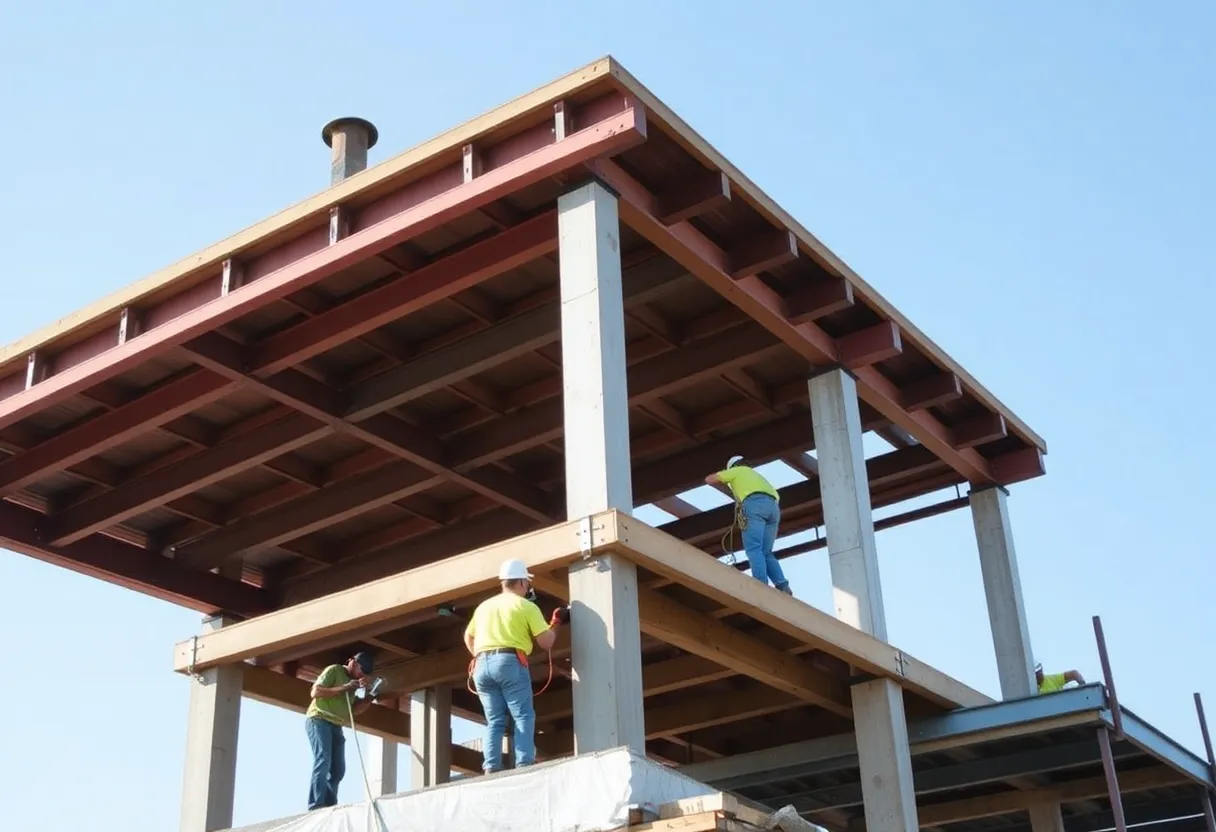News Summary
Barcelona is facing a housing crisis exacerbated by the implementation of inclusionary zoning regulations introduced to increase affordable housing. These regulations have led to a steep decline in affordable housing construction, with only 26 homes built in over five years. Despite a soaring demand for housing and rising rents, the city struggles to meet residents’ needs, while the government plans to cap rents and promote social housing. The situation highlights the challenges of addressing housing needs in urban areas affected by speculation and lack of new builds.
Barcelona’s Inclusionary Zoning Disaster Leaves City in Housing Crisis
Barcelona is currently grappling with a severe housing crisis that stems from the implementation of ambitious inclusionary zoning regulations. Introduced in 2018 by the city’s progressive mayor, Ada Colau, these regulations were aimed at addressing the soaring demand for affordable housing amid increasing pressures from tourists and new residents.
Decline in Affordable Housing Construction
Since the new regulations took effect, Barcelona has constructed a mere 26 affordable homes in over five and a half years. This stands in stark contrast to the approximately 1,200 new housing units the city averaged each year before the inclusionary zoning mandate. Currently, that number has plummeted to just around 70 units annually. The drastic drop in construction has not only failed to alleviate the housing shortage but has also contributed to a continuous rise in housing prices throughout the city.
Impact on Housing Prices
The shortage of affordable housing directly impacts the overall housing market. As availability dwindles, prices continue to escalate, making it increasingly difficult for residents to find suitable and affordable living options. Many critics, including housing experts and activists, argue that inclusionary zoning effectively acts as a tax on new housing construction, raising costs for developers and pushing market-rate rental prices higher.
Historical Context of Failure
Studies reveal that inclusionary zoning has struggled to deliver on its promises. Similar policies in places like California have faced significant challenges since their introduction in the 1960s. Despite local political resistance to repeal the zoning regulations due to fear of backlash from affordable housing advocates, the results have been recognized as ineffective in addressing the urgent need for housing.
Continued Demand Amid Empty Homes
The demand for housing in Barcelona shows no signs of diminishing, further complicating the crisis. While the city grapples with its inability to meet housing needs, approximately 4 million homes across Spain remain vacant, many owned by foreign investors. The situation reveals a paradox within the real estate market, wherein empty homes exist alongside rising rents, exacerbating the pressures faced by local residents.
Soaring Rents and Economic Strain
Over the past decade, rents in Spain have surged by an alarming 80%, a rise that significantly outpaces wage growth. Nearly half of Spain’s tenants are now spending over 40% of their income on rent and utilities, a level considered unsustainable. Adding to this strain, short-term rentals have emerged as a substantial segment of the rental market, comprising 14% and reflecting a 25% rise from the previous year.
Government Initiatives and Tenant Group Responses
In response to the crisis, Prime Minister Pedro Sánchez outlined a 12-point plan focused on addressing housing shortages and promoting social housing. Proposed measures aim to cap exorbitant rents, shift land ownership to a public entity for the development of affordable housing, and impose taxes on properties owned by non-EU residents. However, tenant groups remain critical, arguing that the government’s initiatives are insufficient and demand more decisive actions against housing speculation and unfavorable rental practices.
Transforming Urban Neighborhoods
The urgent need for affordable housing has catalyzed significant changes in urban neighborhoods across Spain, particularly in high-demand areas like Barcelona and Madrid. The rise of speculation and tourist flats has transformed these communities, often displacing long-time residents and altering the very fabric of local life.
Conclusion
As the housing crisis in Barcelona deepens, the failures of inclusionary zoning highlight the complexity of addressing affordable housing needs. With rising rents, a lack of new construction, and increasing pressure from both residents and activists, the city faces a daunting challenge. The ongoing situation underscores the necessity for innovative and effective solutions that prioritize the needs of local residents over speculative investment.
Deeper Dive: News & Info About This Topic
Additional Resources
- The New York Times: Spain’s Housing Crisis
- Catalan News: Barcelona’s Housing Crisis
- Deutsche Welle: Locals Blame Tourists and Speculators
- The Guardian: The Roof Blew Off Spain’s Housing Crisis
- Meer: Barcelona Housing Crisis
- Wikipedia: Housing Crisis
- Google Search: Spain Housing Crisis
- Google Scholar: Spain Housing Crisis
- Encyclopedia Britannica: Housing Crisis
- Google News: Spain Housing Crisis
Author: Construction FL News
The FLORIDA STAFF WRITER represents the experienced team at constructionflnews.com, your go-to source for actionable local news and information in Florida and beyond. Specializing in "news you can use," we cover essential topics like product reviews for personal and business needs, local business directories, politics, real estate trends, neighborhood insights, and state news affecting the area—with deep expertise drawn from years of dedicated reporting and strong community input, including local press releases and business updates. We deliver top reporting on high-value events such as the Florida Build Expo, major infrastructure projects, and advancements in construction technology showcases. Our coverage extends to key organizations like the Associated Builders and Contractors of Florida and the Florida Home Builders Association, plus leading businesses in construction and legal services that power the local economy such as CMiC Global and Shutts & Bowen LLP. As part of the broader network, including constructioncanews.com, constructionnynews.com, and constructiontxnews.com, we provide comprehensive, credible insights into the dynamic construction landscape across multiple states.





